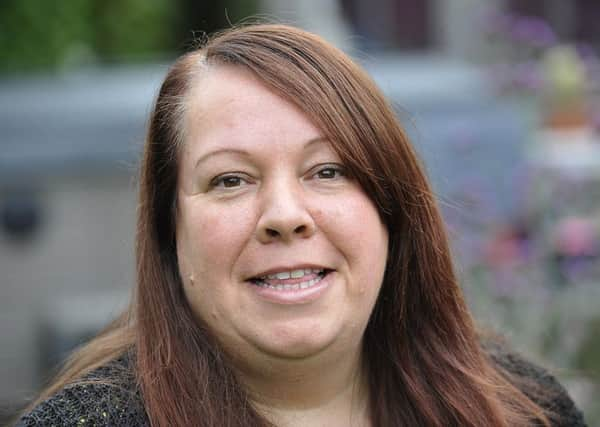HELEN BURTON; Pevensey library demo - and bad news from Calais


Balloons, banners and flags highlighted our cause whilst demonstrators waved at passing cars who honked their horns in support. Pevensey Bay Library has been shut for over a year now because of an issue with flooding and damp but East Sussex County Council have not been particularly forthcoming about exactly what the issues are, how much is needed to do the work or when the issues will be resolved. With libraries nationally under review for the next 18 months we may all have to fight for our library services, and Pevensey Bay villagers showed on Saturday that they are prepared for the battle!
This week I also had an upsetting phone call with Marcie Clarke from Eastbourne Refugee Support. Last year I donated a caravan to the refugee camp in Calais which local people decorated as a symbol of love from Eastbourne. It was covered in hearts and flowers, children’s handprints and messages of support. It was dubbed the ‘caravan of love’ and this was painted on the side of it in English and Arabic. It inspired the decoration of another caravan in Calais which had ‘caravan of hope’ painted on the side and they currently sit side by side in the jungle.
Advertisement
Hide AdAdvertisement
Hide AdBy the time this article is published a judge in Calais will have decided if these caravans along with a huge part of the refugee camp in Calais should be bulldozed. Will this be the end of hope and love in Calais? Around 3,000 people will be displaced, 450 of them are children, and 350 of the children are unaccompanied. Some of the refugees are now being housed in shipping containers, however according to volunteers in Calais there are only 400 spaces left in them. Marcie describes the containers as being “like a prison”. Volunteers are not allowed to enter the site and refugees are only allowed in and out using handprints for identity. As if this isn’t intimidating enough, there is no communal space and 12 – 14 people are housed in each container. In the volunteer-built camp there are schools, churches, mosques, a library with solar power, a youth centre and a women and children’s centre. No-one is saying that conditions in the camp are ideal, far from it, however at least there is support and a sense of community which is vital to the refugees who are at risk of violence from far right extremists.
Talking to Marcie about the individual stories of some of the refugees had us both in tears, and it was hard not to compare the situation with that of the refugees displaced in World War Two. Extremist violence, horrendous camp conditions and prison-like housing makes you wonder what we have learned since then.